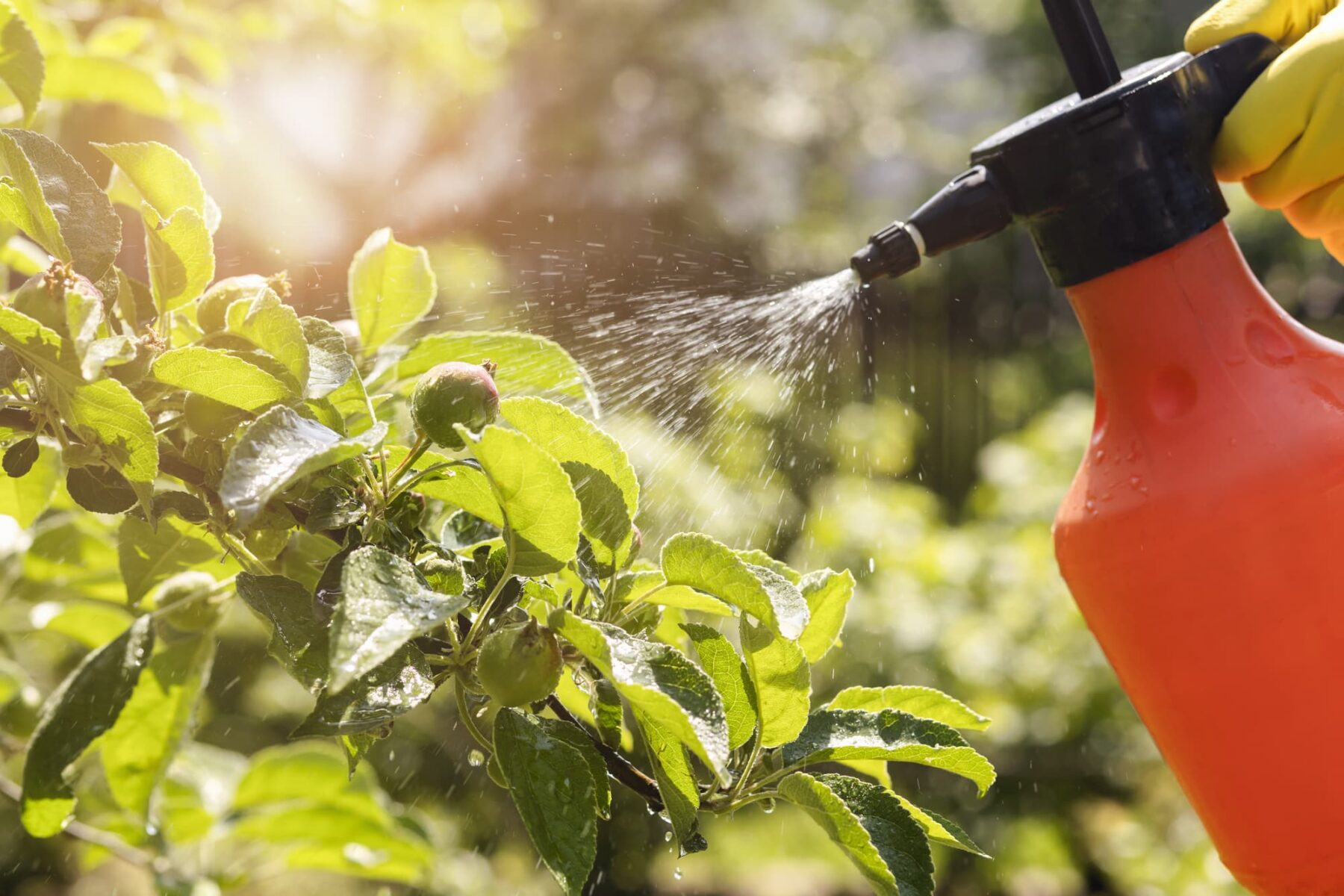In addition to ending the species on which they are focused, Pesticides cause devastating effects on hundreds of species of microbes, fungi, plants, insects, fish, birds and mammals on the entire planet and are therefore one of the most important responsible for biodiversity crisis.
This is the conclusion of the first study that evaluated the impact of pesticides in all shapes species in terrestrial and water habitats.
The research conducted by an international team and led by the East -China Science and Technology UniversityThis Thursday was published in Nature communication.
To do this meta analysis, the team has more than assessed 1,700 Laboratory and field studies on the effects of 471 different types of pesticides (Fungicides, insecticides or herbicides) for agricultural, commercial or domestic use.
Pesticides have hit in more than 800 land and aquatic species With the speed of growth, reproductive success and even changed behavior such as the ability to capture dams, you will find plants for feed, move or put on the pair.
In addition, Pesticides can also influence the metabolism of organisms and damage cells. These negative effects can cause the premature death of wild organisms and reduce their populations, closing the Metanális.
The researchers confirm that, unlike earlier studies that tend to look at specific groups of species such as bees, fish or plants, or in concrete habitats, they have taken into account the whole kind of spectrum that is found in it natural world.
A little evil?
«Our study offers an unprecedented vision of Consequences of the use of pesticides in the natural environment worldwide«, Says the co -author, the Ben Woodcockecologist of VK Center for Ecology and Hydrology (UKCEH).
«Pesticides are a necessary evil, without which world food production and the livelihood of farmers would probably collapse. But, Our conclusions show the need for policy and practices that reduce its use«, The researcher warns.
«Initiatives from the bottom targeted by farmers, such as the regenerative agricultureas well as government policy such as stimulans Sustainable agriculture of fraud, What Pay farmers to reduce the use of insecticides in crops“, Proposal.
Nasty Dave Goulson, Researcher at Sussex University and co -author of the study, it is worrying to have discovered that pesticides «They have general negative effects on plants, animals, fungi and microbes, those The integrity of ecosystems threatens«.
Alternatives?
The study remembers that Excessive use of pesticides not only threatens the useful species for which they are not intendedS, but You can also have pests resistance to chemicals, so that they are not effective. In the European Unionmore than 10 % of the country dedicated to production Agriculture are ecological and do not use synthetic pesticides.
As options alternatives For farmers, the study sets the Wild flange and beetle benches to support species that feed on verminso that they can reduce fumigation when a large number of these natural predators are present.
Other measures, add the authors, could be Promote the moment of plants to prevent vermin and rotate crops to break the vital cycles of the species and reduce their number.
Gardeners can also contribute to reducing the use of Chemicals With options for Natural pest control Such as the introduction of nematodes, planks or mites, which can be purchased on the internet, and the Promotion of other natural predators such as frogs, birds and hedgehogs by gardening respectfully for fauna.
Moreover, the Physical Barrierssuch as networks, They can avoid damage caused by caterpillars and birdsThe authors add. «In the future it is necessary to find opportunities to develop agricultural methods that respond better to our natural pest control control, such as surveillance through artificial intelligence of pests and predators with high -cameras«, Concludes Woodcock.

